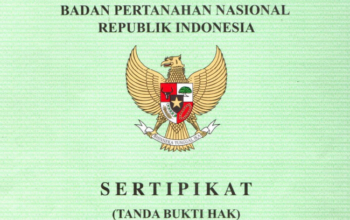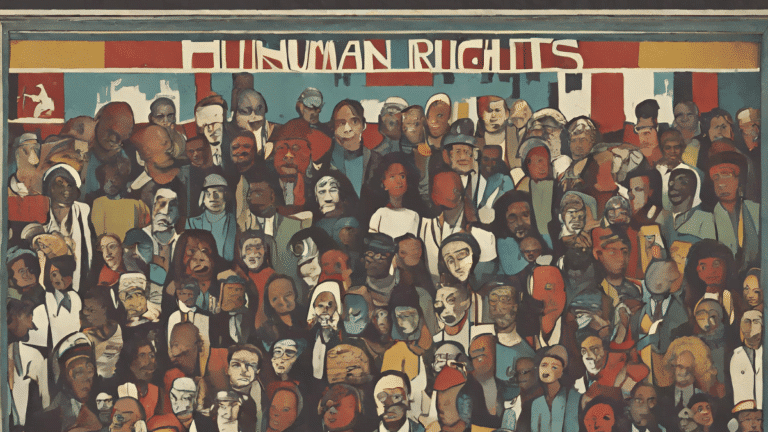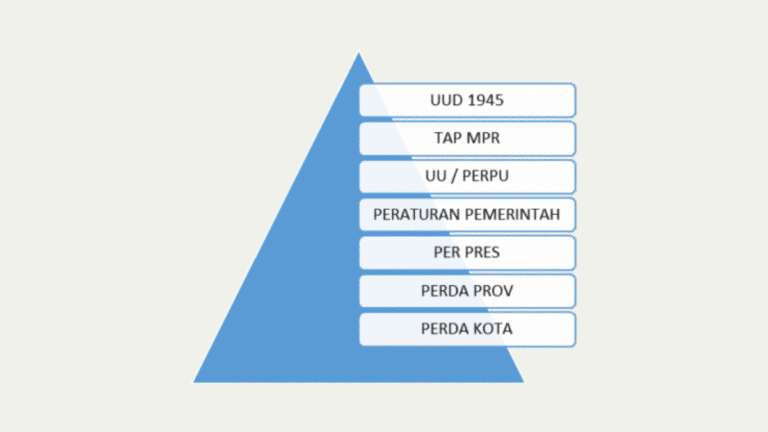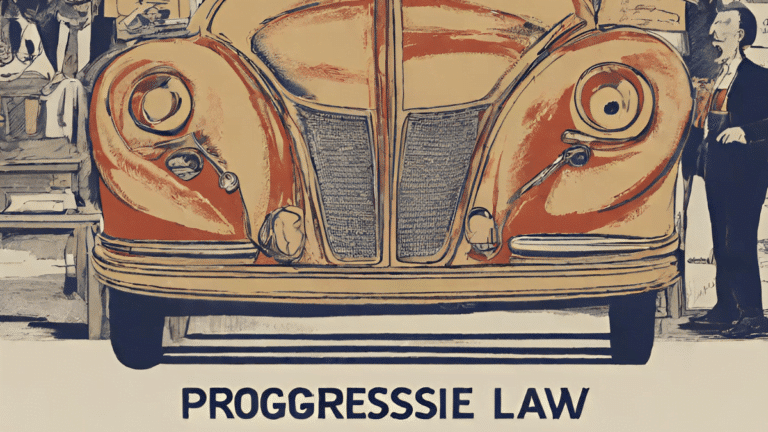Legal Literacy – This article examines the criminal justice system in Indonesia, highlighting the inefficiencies and problems that exist, including corruption and high costs. With a focus on two reform approaches, plea bargaining and special lanes as proposed in the Draft Criminal Procedure Code (RKUHAP), this article explores how the two systems differ and how they have the potential to speed up the justice process while adapting to local legal dynamics. This discussion is important in the context of finding fairer and more efficient solutions for the criminal justice system in Indonesia.
The Hustle and Bustle of the Justice System
Problems related to the justice system in Indonesia can be said to be endless. Moreover, the criminal sphere requires a longer process and time, for example, the existence of coercion, pre-trial, appeal, and cassation. Sadly, this is often underestimated even though the judicial system should realize the principles of simple, fast and low cost justice in case examination in accordance with the mandate of Article 2 Paragraph (4) of Law No. 48/2009 on Judicial Power.
Not only that, a researcher from the National Law Development Agency of the Ministry of Law and Human Rights of the Republic of Indonesia, Chairul Huda, stated that there are several problems in the criminal justice system in Indonesia, namely the accumulation of cases (overloaded), time consuming (waste of time), expensive costs (expensive), corrupt practices (judicial corruption), less able to accommodate the sense of justice of the community (unresponsive), too rigid, formal, and unresponsive. technical (inflexible, formalistic and technical).
With various problematic points related to the judicial process, it is hoped that there will be a repressive handling of this matter, one of these efforts is the implementation of plea bargaining, which is a legal effort made by reducing the charges while forgiving the defendant, when he wants to admit his guilt. Of course, this has received both pro and con responses from various groups. Some argue that this system is important to speed up the judicial process while accommodating the legal dynamics in society.
In fact, this has been included in the Draft Criminal Procedure Code (RKUHAP), but there are differences in the definition, substance and procedure of plea bargaining in other countries and the specific pathway in the national RKUHAP. So, if we look at both of them, which one is more suitable for implementation in Indonesia?
The concept is called “Special Lane”.
In Article 199 of the Criminal Procedure Code, there are rules that discuss special channels adopted from the concept of plea bargaining. Unlike plea bargaining in Common Law countries, the special track does not involve any negotiation or bargaining between the prosecutor and the defendant, but only relies on the defendant’s voluntary confession at trial. Therefore, the concept of plea bargaining in the Criminal Code is often called plea with no bargain.
The special line in the Criminal Procedure Code actually explains that the defendant can admit his guilt before the court when the public prosecutor reads out the indictment. The voluntary admission of guilt by the defendant will then be assessed and considered by the judge first. After the judge gives permission, the public prosecutor can then transfer the case from ordinary examination to summary examination, provided that the charge does not exceed 7 years imprisonment.

Plea Bargaining and Plea With No Bargain
The special path or also called plea with no bargain accommodated in the Criminal Code has significant differences with plea bargaining in other countries, such as the United States, which bargains before the case reaches trial by the public prosecutor and the defendant. The Supreme Court of the United States has stated that plea bargaining is a desirable element of the criminal justice system because it has proven to be able to cope with the large number of incoming cases and cut the time and cost of the case settlement process.
For this reason, the adoption of this system in the RKUHAP is believed to be able to realize an effective judicial process. Unfortunately, the system procedures adopted are quite different. The special track of the RKUHAP is carried out during the trial, namely after the reading of the indictment. The special track focuses more on the defendant’s confession in front of the court, which is judged directly by the judge. So, there is no negotiation process between the prosecution and the defendant like plea bargaining in general…
Lack of Detailed Design
The concept of special lanes presented in the Criminal Code is still vague. For the sake of justice and legal certainty, we need a special regulation that discusses this in depth so that law enforcers can understand their work duties and procedures and defendants and victims get clarity on their rights.
The substance of the special rules may include: (1). The time limit of the special track, whether it is conducted during the reading of the indictment only or can be conducted at all stages of the trial before the verdict given that this concept focuses on the defendant’s confession. (2). details of the conditions under which a defendant can take the special route and vice versa. (3). conditions for the elimination and reduction of punishment by the judge. (4) the minimum and maximum reduction of the sentence obtained by the defendant and other matters that need to be regulated.
Impact of Special Lanes
If enacted as designed, the special lanes are conducted during the reading of the indictment by the public prosecutor. As a result, its implementation can reduce the burden of cases in the courts, such as no appeals and cassations because the defendant has had his sentence reduced. Of course, handling these cases no longer requires months of time and a lot of money.
Furthermore, it is inevitable that the defendant’s right to a detailed trial by a judge will be minimized. The fear is that this will lead to jealousy on the part of the victim who feels sidelined and unfair. For this reason, additional regulations are needed regarding the requirements for defendants who can take the special route so that justice can be fulfilled.
Another impact that may arise when the special route in the Criminal Procedure Code is implemented is the existence of a dark game between the defendant and the judge at the trial who agrees to the special route so that the defendant gets criminal leniency. This opens up a whole new field of corruption in the judiciary. Menjadikan konsep baru ini tidak hanya sebagai alat untuk reformasi peradilan tetapi juga merugikan martabat pengadilan.
In order for various concerns about this special route not to be realized, it is necessary to have special regulations related to this matter, so that it is clear and detailed how exactly the special route process is intended by the drafter of the rules and needs to be considered and strengthened in terms of supervision. Ultimately, whichever system is chosen in the context of reforming the national Criminal Procedure Code, justice, legal certainty and expediency must be the main benchmarks in the process of implementation.






